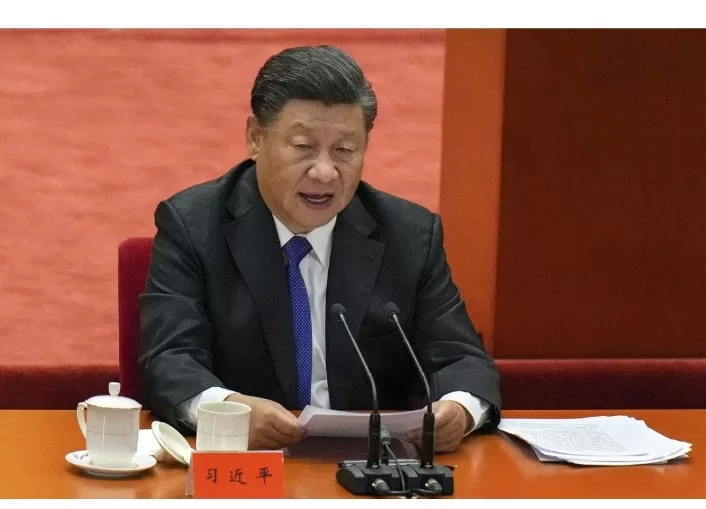Chinese President Xi Jinping, during a meeting with Pakistan’s interim Prime Minister Anwar-ul-Haq Kakar, put forth a proposal to enhance the USD 60 billion China-Pakistan Economic Corridor (CPEC). The meeting took place in Beijing as part of the third Belt and Road Forum for International Cooperation, co-hosted by President Xi and attended by Kakar and Sri Lankan President Ranil Wickramasinghe. However, President Xi underlined the necessity of implementing “effective measures” to ensure the safety of hundreds of Chinese personnel working on CPEC projects, who have faced repeated attacks from militants in Pakistan.
President Xi’s Commitment to Funding:
During the concluding session of the meeting, President Xi committed to substantial funding for the Belt and Road Initiative (BRI). He announced that two prominent Chinese-backed development banks, the China Development Bank and the Export–Import Bank of China, would each establish 350 billion yuan (approximately USD 47.9 billion) financing mechanisms. An additional 80 billion yuan (about USD 11 billion) would be allocated to Beijing’s Silk Road Fund to support BRI initiatives.
Key Geopolitical Context:
Notably, Pakistan is the primary recipient of BRI funding, particularly for the CPEC, which connects Pakistan’s Gwadar Port to China’s Xinjiang province. However, India, having abstained from the BRI Forum, has vehemently protested the project’s alignment through Pakistan-occupied Kashmir.
Shared Vision for an Upgraded CPEC:
President Xi emphasized the enduring strategic partnership between China and Pakistan, underscoring their unwavering friendship and Pakistan’s consistent support for the Belt and Road Initiative. Over the past decade, CPEC has significantly contributed to Pakistan’s economic and social development and is considered a pivotal project within the Belt and Road cooperation framework. President Xi called for an enhanced version of CPEC, focusing on economic growth, well-being, innovation, green development, and open collaboration.
Diversified Cooperation:
To actualize this vision, both countries aim to strengthen collaboration in various sectors, including industrial parks, agriculture, mining, and new energy. A priority is the early implementation of substantial connectivity projects to deliver tangible results.
Ensuring Safety for Chinese Personnel:
An overarching concern is the safety of Chinese workers and institutions in Pakistan, as several incidents have seen Chinese personnel targeted by militants. China has consistently demanded enhanced security measures for its personnel in Pakistan.
CPEC: A Cornerstone of BRI:
The China-Pakistan Economic Corridor serves as the flagship project of China’s ambitious Belt and Road Initiative, which aims to expand Chinese influence through infrastructure investments worldwide.
Pakistan’s Commitment:
Prime Minister Kakar reaffirmed Pakistan’s dedication to deepening its all-weather strategic partnership with China and ensuring the safety and well-being of Chinese personnel and institutions within Pakistan. He emphasized Pakistan’s commitment to seizing the opportunities presented by President Xi’s eight-step plan to bolster Belt and Road cooperation, thereby contributing to global connectivity and a more equitable global governance system.
In sum, this meeting marks a significant development in the strategic partnership between China and Pakistan and offers insights into the evolving landscape of the Belt and Road Initiative.







